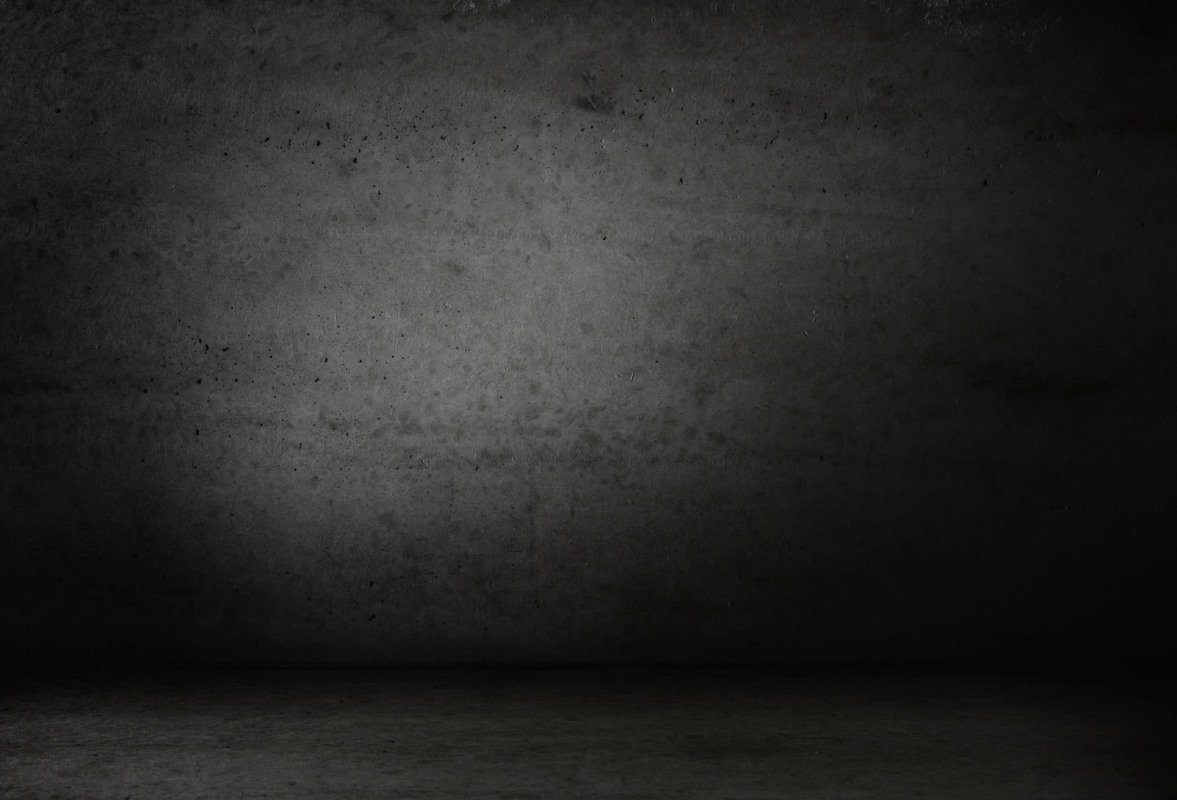

The super model
The graceful Guangzhou Tower, nick-
named the ‘super model’ due to its sleek,
feminine lines, is set to be the tallest TV
tower in the world, as well as one of the
highest freestanding structures ever built
(see picture below). And surely it is also
one of the most attractive and innovative
uses of tubes ever devised.
For, when you break the giant tower
down to its core elements, it’s simply a
concrete core surrounded with a sleek lattice of tubes that are
shaped into columns and strengthening rings and diagonals.
These were supplied to site in 8m to 12m lengths and the ring
pieces in 3m to 6m lengths with the components weighing 25
to 30 tons. And, refreshingly, none of these elements are hidden
away, as they so often are. This skeletal tube structure is a key
part of the structure’s aesthetic appeal.
In fact, even the hyperboloid structure itself is designed in the
form of a twisted and gently tapering tube. The outer steel-framed
structure consists of 24 columns with concrete in-fill and a series
of 46 oval-shaped rings of different sizes and single-direction
diagonals throughout the structure. More than 40,000 tons of
structural steel tube (including the mast) will be used in total.
As you can imagine, the designers faced some pretty unique
challenges from the start. Using steel externally with a concrete core
was fraught with difficulties due to the materials’ different properties,
especially when you take into account shrinkage, temperature
effects and long-term deformation and differential shortening.
The main load carrying elements of the structure are its steel
pipes, which taper as they twist and climb up the building. These
are 1.8m in diameter at the
bottom, reducing to 800mm
at the top. The horizontal
rings of steel attached inside
the columns keep these in
the right position and help
balance the forces created by
the fact that they effectively
slope. Diagonal members
then give the structure added
rigidity.
The complex geometry of
the tower was, the architects
Mark Hemel and Barbara
Kuit say, partly possible due
to advanced parametric
associative software, which
is capable of generating
geometrical and structural models based on a set of variable
parameters and link the geometrical data to the analytical and
drafting software.
All these problems, however, were overcome and the tower
should be completed by the end of 2009.
It is probably most apt to describe the tower as a work of public
art with a secondary purpose – the description of humble TV
tower does it a disservice. It is both beautiful and functional and
will serve as a fitting monument to 21
st
century advances in tube
manufacture and design innovation.
Rory McBride
Editor
2009
October
5-10
EMO Milano 2009
International Exhibition
www.emo-milan.comOctober
6-8
Tubotech 2009
International Exhibition
www.cipanet.com.brOctober
13-15
Tube Southeast Asia 2009
International Exhibition
www.tube-southeastasia.comNovember
2-3
Pipe & Tube Istanbul 09
ITA Conference
www.itatube.orgNovember
15-18
Fabtech 2009
International Exhibition
www.sme.org/fabtech2010
February
10-12
Tube India 2010
International Exhibition
www.tube-india.comMarch
4-7
Boru 2010
International Exhibition
www.borufuari.comApril
12-16
Tube Düsseldorf 2010
International Exhibition
www.tube.deMay
24-27
Tube Russia 2010
International Exhibition
www.metallurgy-tube-russia.comSeptember
21-24
Tube China 2010
International Exhibition
www.tube-china.net2011
January
8-11
Tekno / Tube Arabia 2011
International Exhibition
www.tekno7.infoFor further information on any of the above events
please contact INTRAS Limited UK office
(address and contact details on page 4)
The World of Tube & Pipe Products, Materials & Ancillaries
6
Tube Products International October 2009
www.read-tpi.comevents
calendar

















